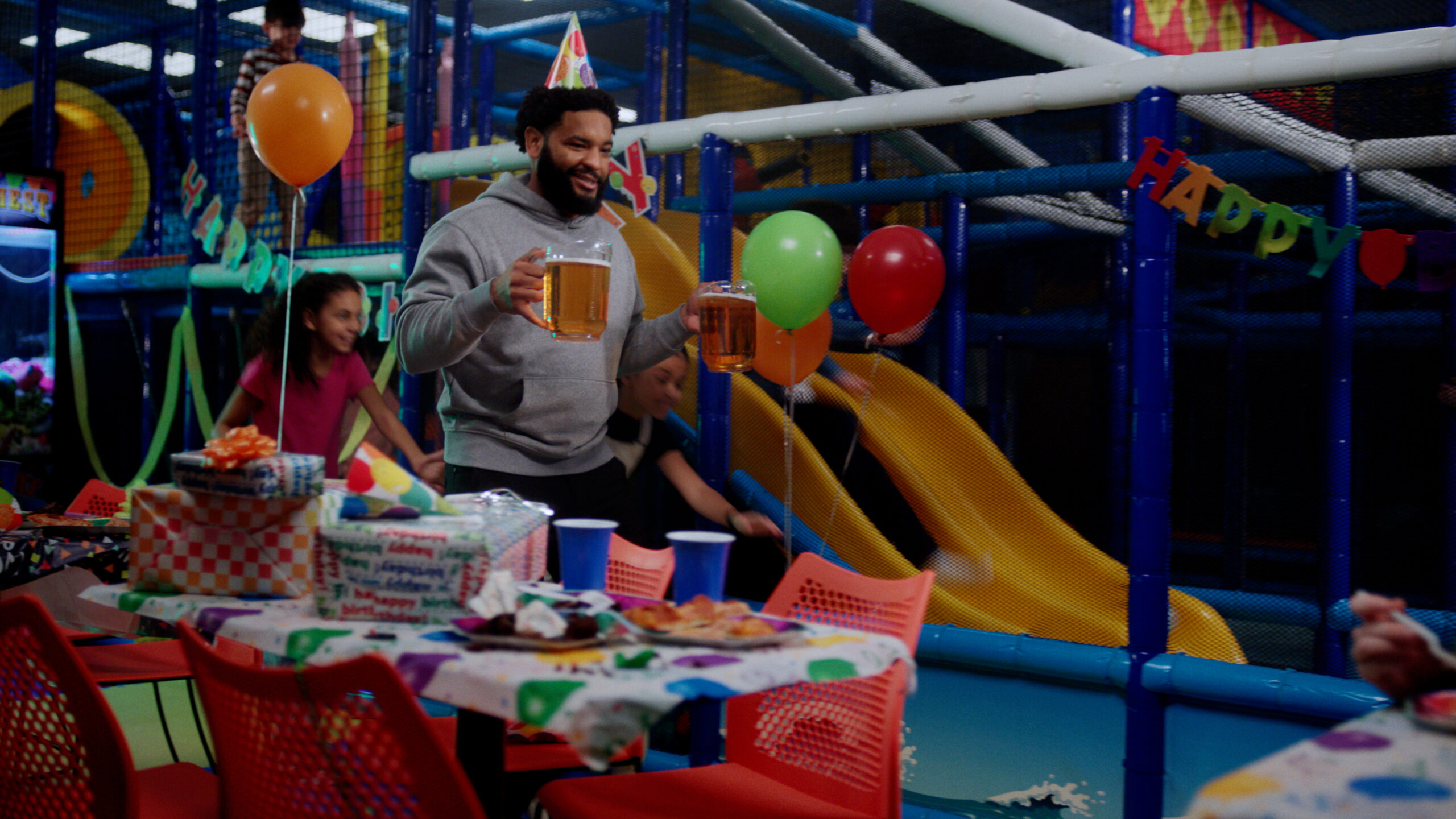We tend to think about alcohol problems in extremes. The drunk driver. The college party gone too far. The person who can’t make it through the day without drinking. These are the stories that dominate headlines and public policy. But they distract us from a quieter—and more common—problem hiding in plain sight.
Excessive drinking has become one of Oregon’s most socially acceptable health risks.
More than 1 in 5 adults in Oregon report drinking excessively. Most aren’t “alcoholics.” They aren’t even the people you might think of when you hear the phrase “problem drinker.” They’re your coworkers. Your neighbors. They’re making dinner, doing laundry, holding down jobs. And they’re drinking in ways that significantly increase their risk for cancer, heart disease, depression, and alcohol-related death—often without realizing it.
Because society has made it very easy not to notice.
That’s the paradox: the more normal something becomes, the less we question it. Alcohol is one of the only drugs we treat as both reward and ritual. It’s how we unwind, how we bond, how we celebrate. It’s stitched into baby showers and grief rituals, kids’ birthday parties and yoga brunches. In many ways, it’s become the emotional duct tape of American adult life. And when something is that ever-present, it’s easy to cross the line into higher-risk use—without even knowing where the line is.
A Quiet Question, Not a Loud Alarm
After identifying and researching this problem, the Oregon Health Authority (OHA) selected Coates Kokes to create a brand and campaigns to help people begin to see what had become invisible. Together, we launched Rethink the Drink, the first campaign in the U.S. focused on reframing excessive alcohol use—not as a personal moral failing, but as a normalized behavior with serious health and community consequences.
Getting the tone right was job one. We didn’t wag fingers or sound alarms. Instead, we asked questions. We employed irony. Tools that nudge people to reconsider, not retreat.
We worked closely with OHA partners including community based organizations, county health departments and health equity coalitions to shape campaigns that reflected real lived experiences. We developed creative that showed diverse audiences and a wide spectrum of drinking behaviors—not to judge, but to reflect. And we spoke to people where they were, including a full Spanish-language and Spanglish campaign that connected powerfully with bicultural Latino/a/e/x audiences.
Culture Change Starts with Recognition
The results of the campaign were striking. Nearly half of Oregonians surveyed recognized Rethink the Drink. Among those who drink excessively, recall was even higher. People described the campaign as direct, believable, and non-judgmental. And exposure to the campaign increased the number of people having conversations about their drinking.
One viewer summed it up this way:
“I was really pleased that it wasn’t heavily judgmental… They didn’t have to present them in a crisis point. They were just normal people that were reflecting on their drinking… Someone in an average social situation… I thought that was really appealing.”
That’s the shift we were hoping for—not shame, but awareness. Not fear, but reflection.
Today, 66% of Oregonians surveyed agree that alcohol has too much presence in our communities. That’s not an accident. That’s culture change in motion. And like any meaningful shift, it starts by asking a different question than the one we’ve been handed.
Not: Is alcohol bad?
But: What kind of role do we want alcohol to play in our lives, our families, and our neighborhoods?
